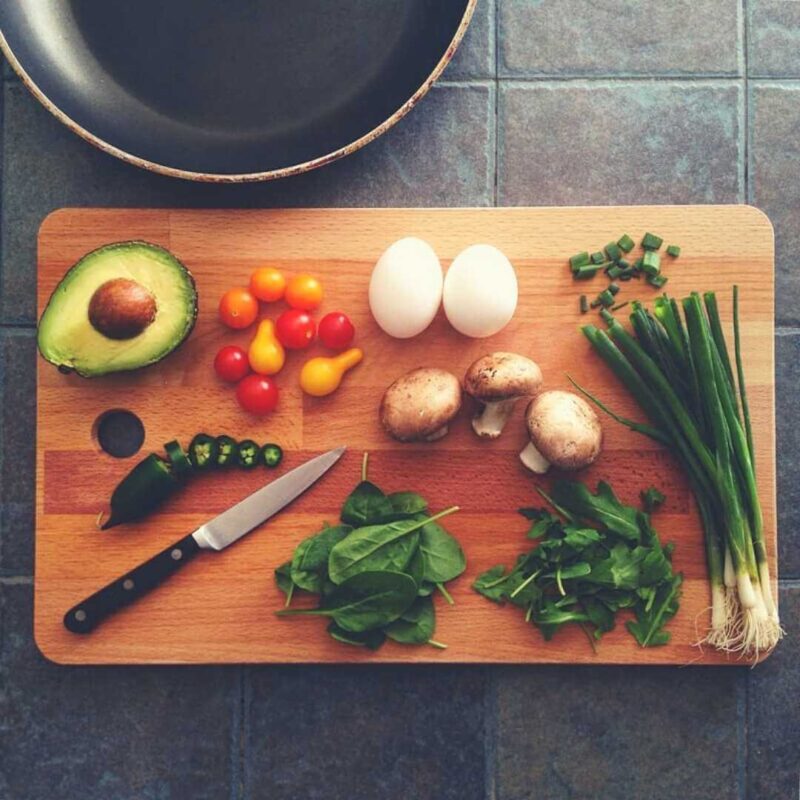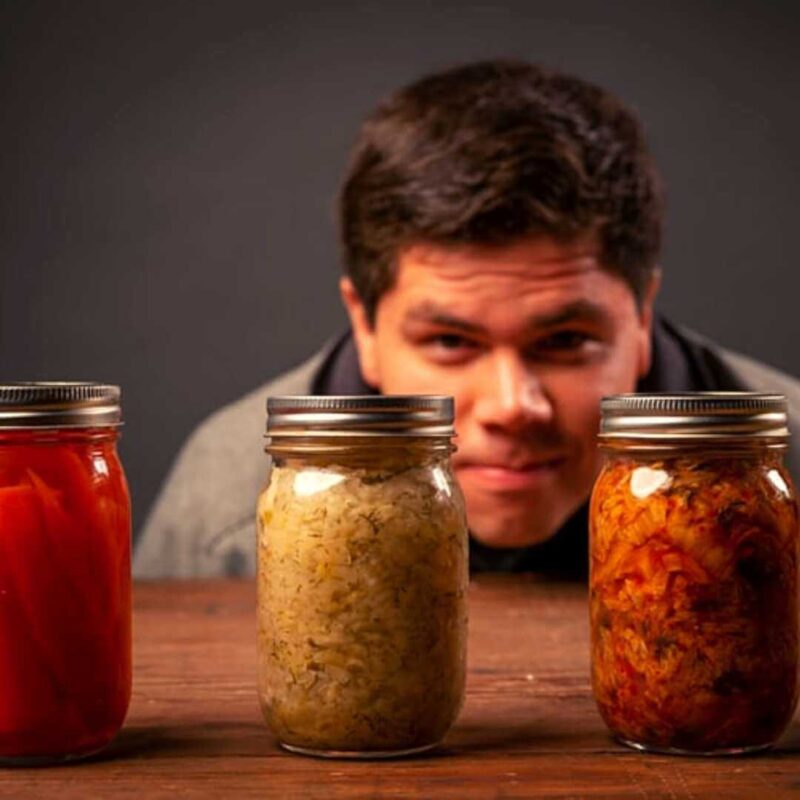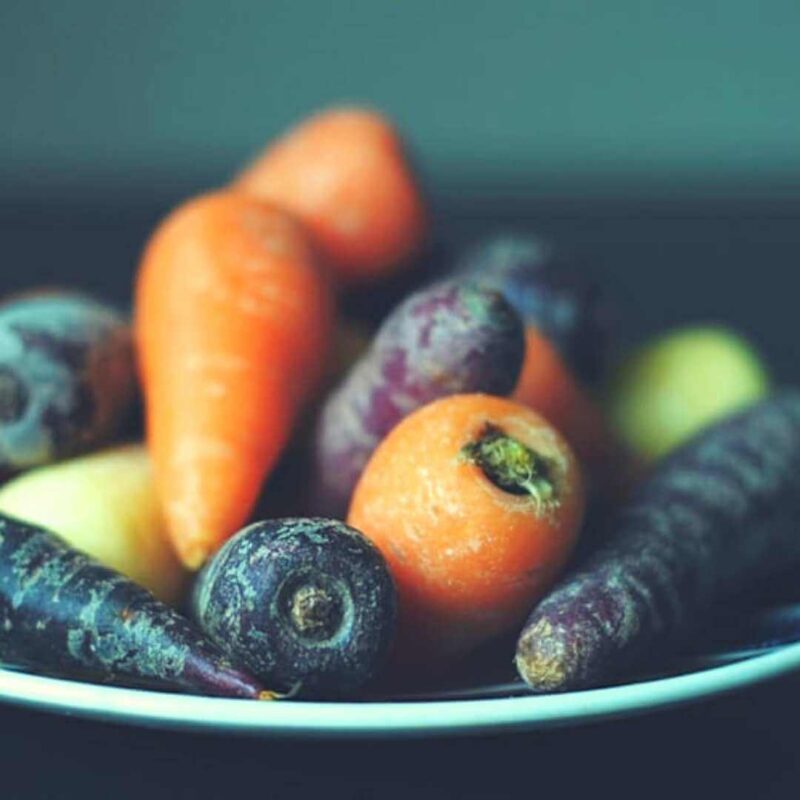In support of Movember, Nutritional Therapist Claire Mahy discusses the impact of diet on mental health, and provides guidance to lift mood, increase energy and improve mental clarity.
As we near the end of November, we give a big shout out to all the men who are participating in the Movember moustache challenge, we imagine you will be itching to shave off those fine efforts, or perhaps you’ve discovered your new best look! All the unruly facial hair is not just for fun but raises global awareness on serious male health issues including testicular cancer, prostate cancer and men’s suicide prevention.
Times are progressing, and these important matters are being spoken about more openly, but more action is needed, especially where mental health is concerned. The current suicide statistics are unfathomable; globally around 1 man dies by suicide every minute of every day. Therefore, campaigns like Movember are vital and need our support in reaching their 2030 goal to reduce the rate of male suicide by 25%.
Emotional wellbeing is multifaceted and requires a holistic approach. One aspect which can be readily overlooked is the impact of a healthy diet (or the lack of). We often read about the importance of exercise to release endorphins or meditation to calm a busy mind and sometimes diet slips to the bottom of the pile. The brain is an organ, and just like the stomach and other organs it is extremely sensitive to what we consume, food is not just fuel for the body but fuel for the mind, and the quality of what we eat impacts the quality of our mental health.
Six Dietary Steps to Improve Your Mental Wellbeing
1.) Hop Off The Blood Sugar Rollercoaster
We have all experienced a sugar high and slump after eating too many biscuits or pizza! What goes up must come down and these spikes and drops in blood sugar can leave you feeling tired, irritable, low, and anxious. The culprits that spike blood sugars are sweets, cakes, biscuits, sugary drinks, alcohol, and refined white flour products such as white bread. You can prevent this by eating regular meals and choosing foods which release energy more slowly. When a meal contains fibre (whole grains, pulses, vegetables) protein (poultry, fish, eggs, tofu), and healthy fats (olive oil, avocado, seeds) this leads to a gradual release of sugar into the bloodstream and in turn sustained energy and more stable mood.
If high sugar or junk foods are your norm then observe how these foods make you feel and why you reach for them? Are you riding the blood sugar rollercoaster? Start by including protein with breakfast, this can positively influence the rest of your food decisions that day. Switch that pastry or white toast for a veggie omelette, porridge with seeds, or a greens smoothie with protein powder and see how you feel.
2.) Water, Water, Water
Drinking more water is a simple suggestion, yet worthy of mentioning since so many people are dehydrated. Optimal hydration is a foundational requirement for every single cell, tissue, and organ to function effectively, especially the brain. When dehydrated you will notice it’s harder to concentrate or think clearly or you may feel tired. To assess your hydration, urine should be a light straw colour, except for first thing in the morning when it’s normal to be more concentrated.
As a guide aim to drink around 1.5 – 2 litres of filtered water daily (more during the summer and depending on your activity level). Try carrying around a reusable water bottle and get into the habit of sipping water during the day. Flavour can be added from cucumber, mint, or lemon rather than sugary cordial.
3.) Caffeine Your Friend or Foe?
Although coffee is considered a ‘brain food’ being packed full of neuroprotective antioxidants, the caffeine content might not be doing your mental health any favours, since caffeine is a stimulant which contributes to the blood sugar rollercoaster. Do you use caffeine to pick you up throughout the day? Is caffeine affecting your sleep, making you jittery or anxious or affecting your digestion? If the answer is yes to any of these then it is time to review your caffeine intake. Agreed, coffee is a little life pleasure but examine how much you are having and whether it’s suiting you right now? If you are already stressed out or anxious then drinking caffeine is adding fuel to the fire!
If you usually have coffee first thing in the morning, try eating your breakfast first and coffee to follow. If now’s the time to cut coffee, do this gradually as caffeine withdrawal headaches are no fun. Explore having some decaf or green tea instead which still contains some caffeine.
4.) Feed Your Gut Bugs
Your gut is home to trillions of microbes that support healthy digestion, immunity, and nutrient production. You may be surprised to learn that your gut bacteria also look after your mental health. A whopping 90% of the body’s serotonin (the feel-good hormone) is produced in the gut and influenced by healthy bacteria.
A healthy gut thrives on a large variety of plants since a diversity of plant foods promotes the diversity of gut bacteria species. When we eat brightly coloured plants and different types of fibre our gut garden flourishes. Another way to boost your beneficial bacteria is eating fermented foods like natural yoghurt, kimchi, sauerkraut, kefir, tempeh, miso, and sourdough.
On the other hand, high alcohol, chronic stress, and antibiotics can negatively alter your gut bacteria balance. Following a course of antibiotics, it’s advisable to replenish your beneficial bacteria through fermented foods or probiotic supplements.
5.) Brighten Your Mood With Food
Eat the rainbow might be cliché but it’s true! Brightly coloured fruits and vegetables contain powerful disease-fighting compounds. These powerful chemicals are antioxidants that help protect the brain from damage and reduce inflammation. Each colour bears unique nutritional values which is why we should eat the entire spectrum and regularly.
As a minimum aim for 5 portions of fruit and vegetables every day (research suggests we double that, but one step at a time). If your diet is looking more beige than rainbow, think of ways you can easily add vibrancy. Perhaps add spinach to your protein smoothie, grilled tomatoes with poached eggs, frozen peas to wholegrain pasta, berries to natural yoghurt, switch white potatoes to sweet potatoes.
6.) Eat More Healthy Fats
Fats often receive a bad rap, but not all fats are created equal. It’s true we should moderate our intake of saturated fats from meat and dairy and avoid trans fats created when oil is heated to extremely high temperatures, e.g. fried food, commercial baked goods. However, fats found in olive oil, flaxseed oil, coconut, avocado, nuts, seeds, and oily fish are extremely beneficial for brain development and function. The brain is made of 60% fat and the type of fat we eat directly alters the brain structure.
Omega 3 fatty acids found in oily fish, walnuts, chia and flaxseeds increase circulating levels of serotonin in the brain, that feel-good hormone. Omega 3’s can’t be made directly in the body, therefore dietary intake is crucial. If you are a fish eater aim for 2-3 portions of oily fish every week (salmon, mackerel, anchovies, sardines, herrings), if you follow a vegan or vegetarian diet then increase walnuts, chia and flax and consider an omega 3 supplement from algae.
Seeking Professional Help on Malta and Gozo
If you are struggling with your mental health or know someone who is, then there are many support groups, free helplines, and community support in Malta and Gozo. There is no shame in reaching out and asking for help, we are not meant to do this alone but with the support and love of others.









